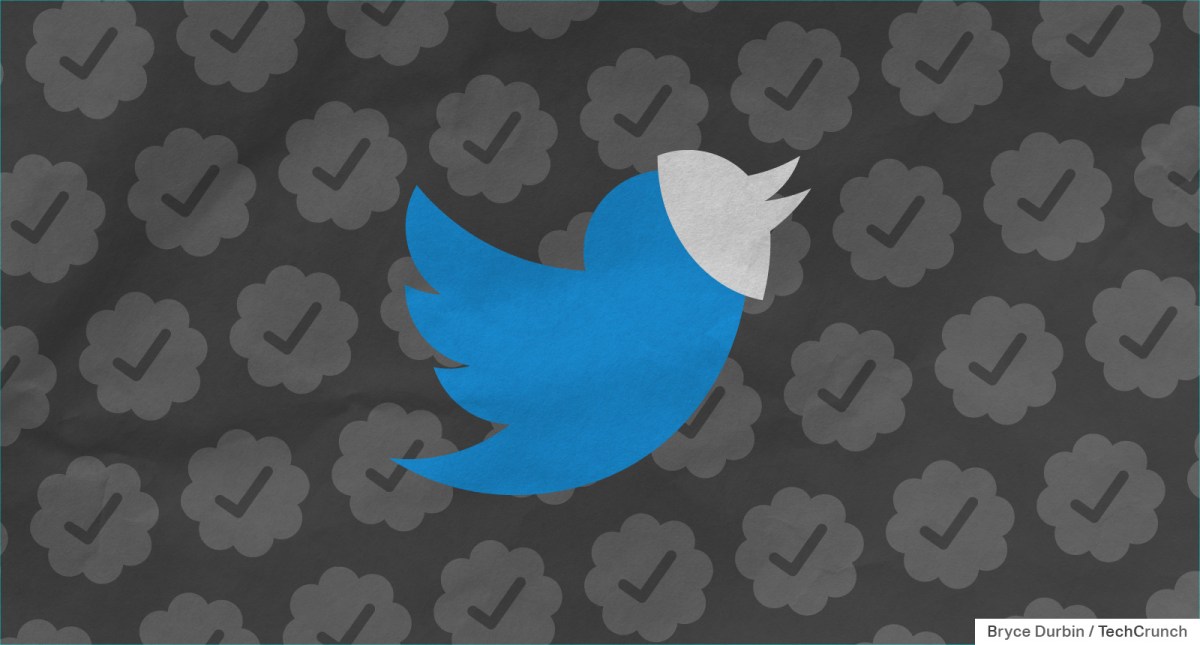Can a Free VPN Really Keep Your Business Data Safe?


A free VPN may seem like a small business’s best friend—simple to use and free of charge. But when protecting sensitive data, not all VPNs wear the same armor. Here’s what you should weigh before trusting a free option with your business.
What Is a VPN and Why Do Companies Use It?
A VPN (Virtual Private Network) is like an invisible scarf that connects you securely to the internet by forming an encrypted network with your computer device. It can hide your IP address, protect your data from hackers, and allows you to surf freely – even on that pesky public wi-fi.
Businesses opt for VPNs for various astute reasons:
- To safeguard sensitive company data
- To secure remote work connections
- To ward off data leaks and hacks
- To leap over geo-blocks or censorship in pursuit of global content
In our remote work reality, VPNs aren’t just extras; they’re essential lifelines.
Why Are Free VPNs So Tempting?
Let’s be frank—on the surface, free VPNs sound like a dream. No fees, no commitments, and a promise of online privacy. Startups and thrifty businesses flock to them. It’s easy to think: “Why pay when I can snag it for free?”
There’s a wide range of free VPN software available that claims to offer privacy and security at no cost. While convenient, these tools often come with trade-offs such as limited bandwidth, weaker encryption, or even questionable data handling practices.But when it comes to business data, we’re playing with fire—higher stakes demand stronger shields.
The Hidden Perils of Free VPNs
1. Data Logging and Selling
Many free VPNs assure users they don’t log data—but is that always the case? Some slyly capture data in the background, including:
- Your browsing history
- Websites you visit
- Your real IP address
- Time spent online
- App usage patterns
Why the secrecy? Your data holds immense value. These providers may package and sell your information to:
- Advertisers
- Data brokers
- Government agencies
- Third-party analytics firms
For a casual user, this invasion feels unsettling. But for businesses, it’s a glaring red flag. If a competitor or cybercriminal snags your company’s traffic logs, the fallout could be colossal:
- Intellectual property might vanish
- Client or customer data could be exposed
- Legal repercussions might arise from privacy violations (hello, GDPR and HIPAA)
In essence, using a free VPN can render your business more vulnerable instead of safer.
2. Weak Encryption Standards
Encryption is the armor protecting a VPN’s domain.It guarantees that, even if someone intercepts the data, it is kept locked and unreadable.
Most premium VPNs offer AES-256-bit encryption; one of the best protections anywhere. Most free VPNs cut corners and use:
- A lower encryption scheme:
- Outdated encryption algorithms
- Insecure tunneling protocols
- Sloppily managed encryption keys
Worse, some bypass encryption entirely, merely routing your traffic through their servers. This is perilous: it offers a false sense of security. You might believe your business emails, client agreements, or login credentials are safe, yet they remain exposed to:
- Man-in-the-middle attacks
- Packet sniffing from hackers on public Wi-Fi
- Data interception by the VPN provider itself
Can you imagine your company’s confidential strategies slipping through a crack—simply because the wrong VPN was trusted?
3. Limited Server Options and Bandwidth
Premium VPNs have only a couple hundred and even thousands of servers worldwide that provide very fast, reliable, and secure connections.
In contrast, free VPNs often confine you to:
- A handful of congested servers
- Crowded networks teeming with users
- Servers that throttle your speed or cap your usage
What implications does this have for your business?
- Lagging video calls with clients or remote teams
- Interrupted file transfers
- Exasperatingly slow access to cloud tools and services
As if that’s not enough, most free VPNs don’t even have a kill switch – the must-have feature that will remove your device from the Internet if your VPN connection stops. If you don’t have a kill switch and your VPN connection drops, you may be unaware that your real IP and data are wide open while you’re attached to the internet and doing a task.
This unreliability can destroy productivity, degrade communication, and create disruptions in your team’s smoothly running machine. For a remote business or distributed team, that can equate to lost time and missed opportunities.
4. Intrusive Ads and Malware Risks
One prevalent way free VPNs pad their wallets is through ads. You might endure:
- Tedious pop-ups
- Distracting banner ads
- Redirects to dubious sites
- Sponsored “recommended” apps or services
As if that weren’t enough, some less-known free VPNs, particularly those lurking in unofficial app stores, may come bundled with malware, spyware, or adware. These sinister programs can:
- Steal your passwords
- Track your keystrokes
- Record your screen
- Dominate your device’s microphone or camera
A study from cybersecurity firm CSIRO once revealed that 38% of Android free VPNs harbored malware or spyware. This is not just a glitch – it’s a serious threat to your business’ security.
In the worst-case scenario, you could be exposing yourself to a ransomware attack using an infected free VPN, where hackers lock up your systems and hold you hostage for the price of your own data.
5. No Customer Support or Accountability
When you invest in a VPN, you’re not just purchasing software; you’re also securing support, accountability, and a safety net.
Free VPNs generally lack:
- No help desk
- No troubleshooting assistance
- No guarantees if something goes awry
If your data gets compromised, your account is breached, or your connection falters at a critical moment, good luck finding someone to call. No live chat. No ticketing system. Often, not even an email address.
To make things worse, a lot of free VPN providers come from jurisdictions with weak privacy laws and therefore have no legal obligation to protect your data. If they mishandle your data, that could be the end of the story for you.
This absence of accountability poses a colossal liability for any business.
6. Increased Risk of IP Bans and Blacklisting
Because free VPNs frequently share a scant number of IP addresses among countless users, those IPs can swiftly become flagged by websites and services. Consequently, you could find yourself:
- Blocked from essential accounts
- Excluded from financial services or cloud tools
- Marked for suspicious activity on platforms like Google, Microsoft, or social media
This can throw a wrench into business operations, breeding confusion among your team. On the other hand, premium VPNs provide:
- Dedicated IP options
- Clean, rotating IP pools
- Lower likelihood of being blacklisted
For business users, maintaining a seamless digital presence is crucial, especially when handling email campaigns, CRM tools, or managing online reputation.
7. Lack of Business Features and Integration
Most free VPNs cater to casual users, not business environments. Thus, they miss out on:
- Team management tools
- Centralized billing and user controls
- Multi-device support with unified settings
- Integration with productivity platforms like Microsoft 365, Google Workspace, or Slack
Attempting to jam a consumer-grade tool into a business workflow is like using a child’s toy hammer to build a house. It’s awkward, inefficient, and destined to crumble when the heat is on.
Investing in a business-grade VPN ensures robust security and equips your team with essential tools to stay productive and connected.
What Should a Business Seek in a VPN?
Let’s pivot and examine what an effective and trustworthy VPN should provide, especially for businesses.
1. Strong Encryption and No-Logs Policy
Seek VPNs that offer AES-256-bit encryption, enforce a strict no-logs policy, and proudly stand in privacy-friendly territories.
2. Business-Friendly Features
- Dedicated IP addresses
- Admin control panels
- Multiple user accounts
- 24/7 support
- Kill switch Essential features for daily use.
3. Faster, dependable, and reliable servers
When choosing a VPN look for a provider with a lot of servers worldwide and no bandwidth limitations so that you do not get slowed down and disconnected.
4. Good reputation and transparency
Pick a VPN service, with a good reputation with public audits, and public policies. Don’t pick a shady company with no contact information or terms of service that is not a reputable source about your privacy.
If you are on a budget, but security is still important, the free trial on a premium VPN would allow you to have the best of both worlds. Many high-quality VPN services offer free time-limited trials or money-back guarantees, with no risk for trying out their service.
You can easily find a list of VPN free trials online, presenting high-speed servers, robust encryption, and essential business features—far away from the hazards of a perpetually free offering.
This way you will be able to “kick the tires” before you part with your hard-earned money and put your business data under a safe umbrella.
Are There Any Trustworthy Free VPNs?
So, are all free VPNs flawed?
Not quite. A handful of companies offer limited free plans as part of a freemium model. These typically include:
- Strong encryption
- No-logs policies
- Capped speeds or data limits (like 500MB/month)
Examples include:
- ProtonVPN (free plan with no data cap, but limited servers)
- Windscribe (free up to 10GB/month with great privacy features)
- TunnelBear (free up to 500MB/month, user-friendly design)
Even these options, however, are not ideal for businesses. They shine for light personal use but fall short in protecting a company’s crucial information or supporting teams.
The Risks Aren’t Worth It
Consider the possible fallout of relying on a weak or unsafe VPN for your business:
- Data breaches
- Erosion of client trust
- Legal repercussions
- Financial setbacks
The expense of addressing a cyberattack drastically outweighs investing in robust, reliable tools from the start.
Free VPNs may open the door to the very threats they purport to mitigate.
Final Thoughts
No one wants to stretch their budget unnecessarily. But when it comes to your business’s security, being smart beats being cheap every time. Free VPNs may promise quick fixes, but for enduring safety, a trusted premium VPN is the way to go.
The post Can a Free VPN Really Keep Your Business Data Safe? appeared first on Entrepreneurship Life.


















































